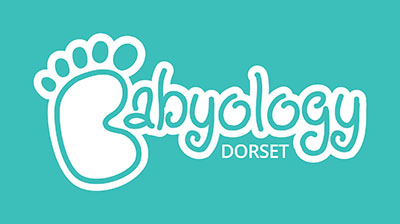The Newborn Microbiome
I often see babies with ‘tummy troubles.’ Parents of new babies will often express that their baby experiences distress alongside or following feeds. While uncomfortable for baby, it is upsetting for parents too. Irritability following feeds may be due to a number of reasons but are commonly cited as being caused by ‘wind’ or ‘colic.’
The good news is that many babies simply ‘grow out’ of their tummy troubles, but this is no consolation when your little one is crying and unable to settle. I come across plenty of families who dread the evenings – a time of day they have come to associate with several hours of baby crying.
Some parents will discover over-the-counter remedies that promise to ease baby’s uncomfortable symptoms – and some do – but results vary significantly and for some babies they will not be helpful.
Over the years working with newborn babies I have come to notice patterns in digestive discomfort including which babies appear to be most vulnerable. Research showing the the importance of a healthy and diverse gut microbiome now helps to explain why certain babies experience greater digestive discomfort than others.
Here’s what we know:
- A healthy adult microbiome comprises of over 100 million microorganisms
- An unborn baby’s microbiome is non-existent (they have a sterile gut)
- During vaginal birth baby picks up microbes which act as a starting population
- Skin-to-skin and breast feeding help establish baby’s microbiome further
- Babies born by caesarean pick up less microbes than babies born by vaginal birth
- Babies exposed to antibiotics in utero or shortly after birth may have a less diverse population of microbes.
A diverse microbiome promotes healthy digestion. During birth and during the early weeks of life a baby is exposed to the microbial world for the first time. Their immature digestive system begins to become colonised with the microbes needed to not only support digestion but their brain health too (the body really is very clever!). Lots of skin-to-skin contact and breast feeding is one of the best things for baby right now.
For some babies, particularly those where the natural process of gut colonisation has been disrupted, a course of infant probiotic drops is helpful. Optibac is widely available in chemists or can be purchased online.
This blog is for informational purposes only. If your baby is experiencing feeding difficulties or appears to be in discomfort, please contact your GP, Midwife or Health Visitor who will be able to undertake the necessary health checks for your baby.
This blog post is written by Rebecca – a midwife, health visitor, reflexologist & mum. Find out more about Rebecca here…
